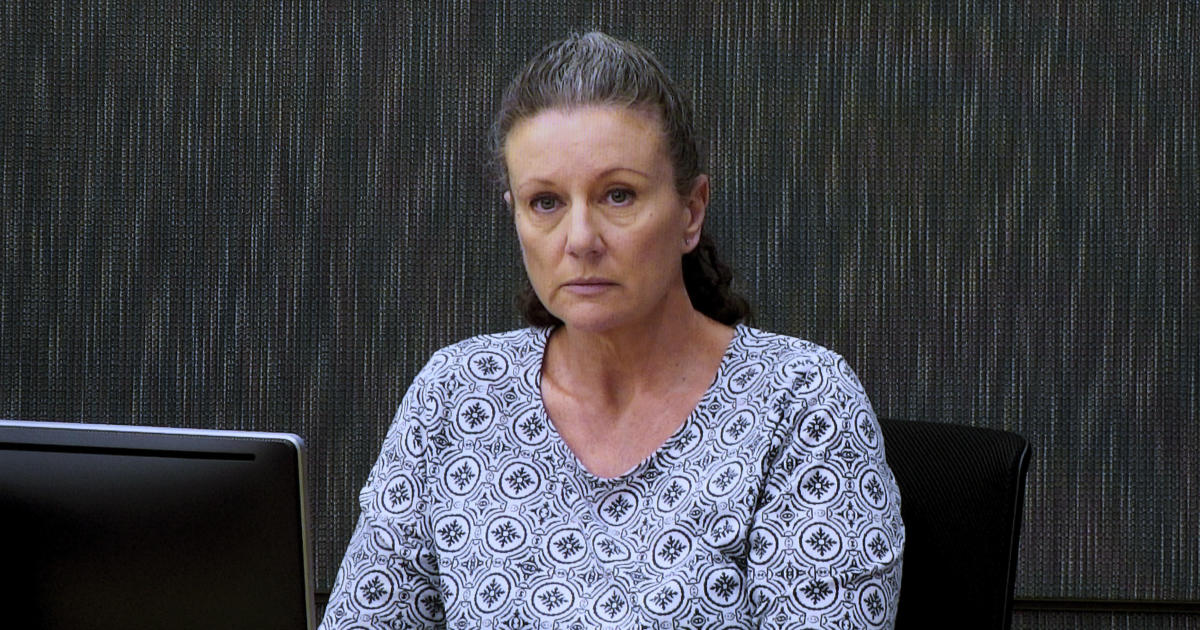Key takeaways:
- Kathleen Folbigg was released from prison on Monday after receiving an unconditional pardon from New South Wales Governor Margaret Beazley.
- Dozens of scientists from Australia and abroad signed a petition calling for Folbigg’s release, citing new scientific evidence that supported her claim.
- Folbigg’s release has raised questions about the reliability of scientific evidence in criminal cases, and has highlighted the need for further research into the causes of sudden infant death syndrome.
Kathleen Folbigg, an Australian mother who spent 20 years in prison for the alleged murder of her four children, was released on Monday after receiving an unconditional pardon from New South Wales Governor Margaret Beazley.
Folbigg was convicted in 2003 of suffocating her four children, who died between the ages of nine weeks and three years. However, Folbigg has always maintained that the deaths were due to natural causes.
In 2021, dozens of scientists from Australia and abroad signed a petition calling for Folbigg’s release, saying that new scientific evidence supported her claim. Last week, former justice Tom Bathurst advised New South Wales Attorney-General Michael Daley that there was reasonable doubt about Folbigg’s guilt based on the new evidence.
The pardon was seen as the quickest way of getting Folbigg out of prison, and a final report from the second inquiry into her guilt could recommend the state Court of Appeals quash her convictions.
Folbigg’s release has been welcomed by her supporters, who have long argued that she was wrongfully convicted. The case has raised questions about the reliability of scientific evidence in criminal cases, and has highlighted the need for further research into the causes of sudden infant death syndrome.



Be First to Comment